The Presence of Islam in Andalus By Ahmad Thomson
The Presence of Islam in Andalus By Ahmad Thomson
Publisher:
Ta Ha Publisher
Author:
Ahmad Thomson
Language:
English
Binding:
Hard Cover
Pages: 464
Size: A4|8.3x11.7in | 21 x 29.7 cm
Couldn't load pickup availability
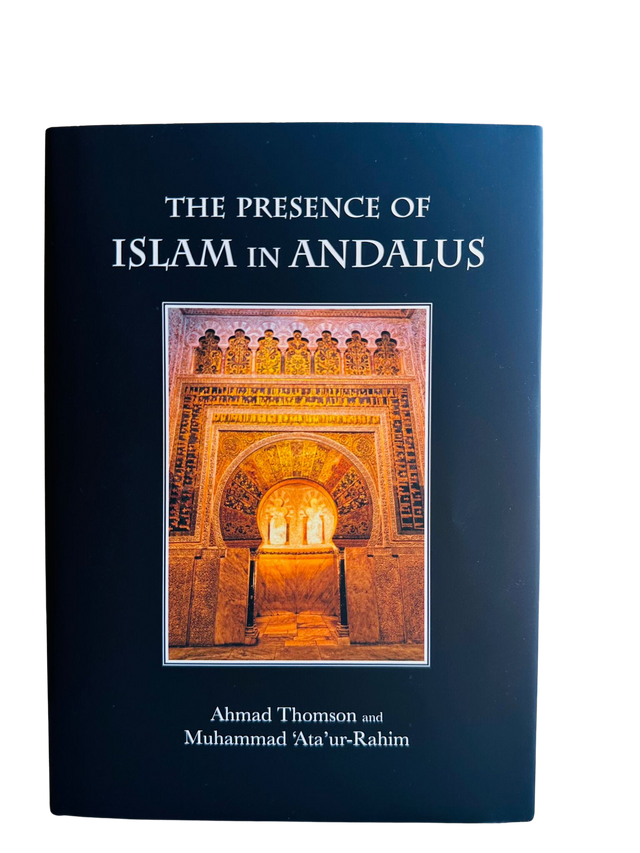
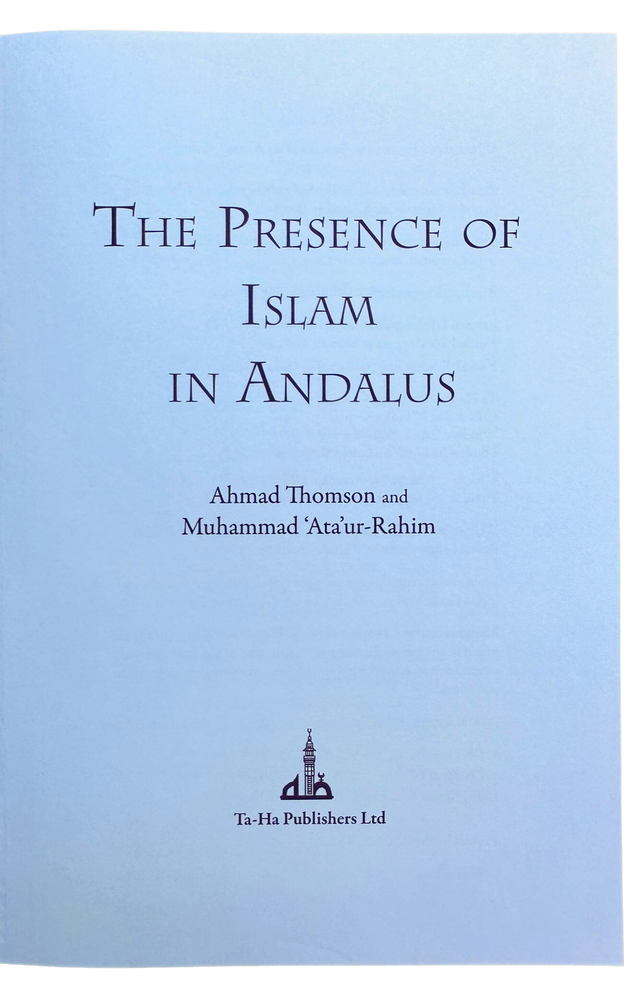
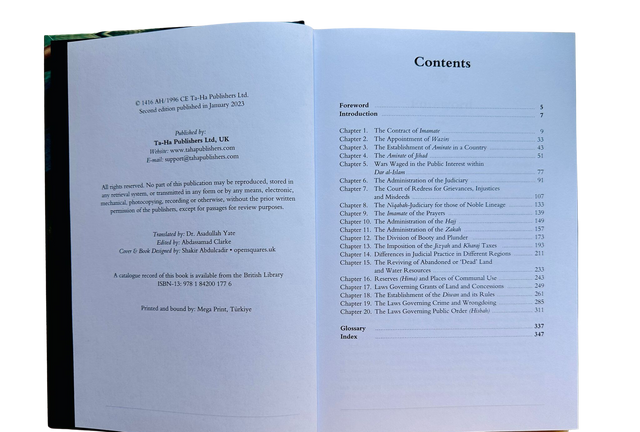
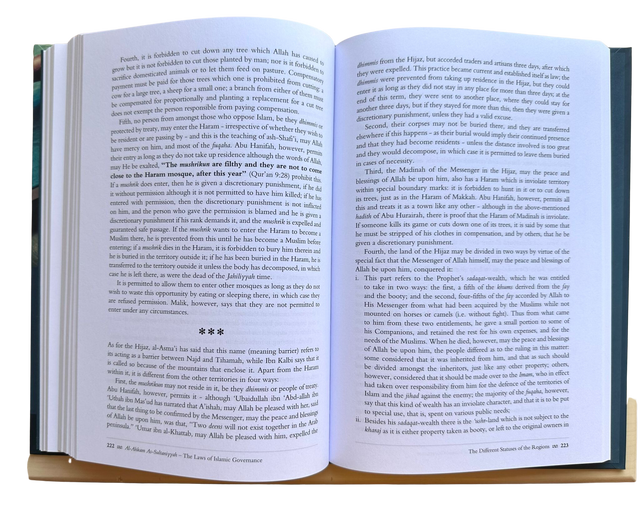
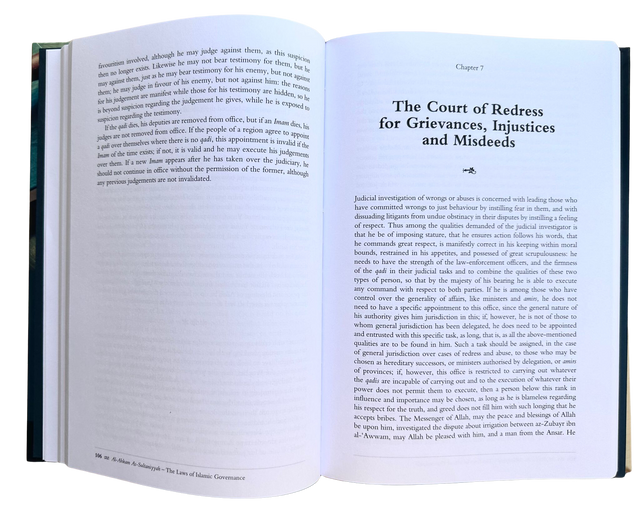
Collapsible content
Description of Book
The Iberian peninsula during the years 711 to 1609 is a fascinating time period. It experienced both great enlightenment and immense darkness, and was marked by vast intelligence and profound ignorance. In Arabic, 'Andalus' means 'to become smooth and shiny with age, slipping through your fingers', perfectly describing the history of the region, which has been repeatedly shaped by these forces. In The Presence of Islam in Andalus, Ahmad Thomson delves into this captivating history, examining not only the extraordinary events of that era, but also the development of Christianity in Europe. By understanding this context, readers can comprehend why the inhabitants of the Iberian peninsula embraced Islam so readily and rapidly in the eighth century CE, and also learn about the tragic fate of the Jews and Muslims in Spain and Portugal during the sixteenth and seventeenth centuries CE, either being exterminated by the Spanish Inquisition or forced to flee for their lives.
Publisher
Ta Ha Publisher
Author
- Ahmad Thomson





